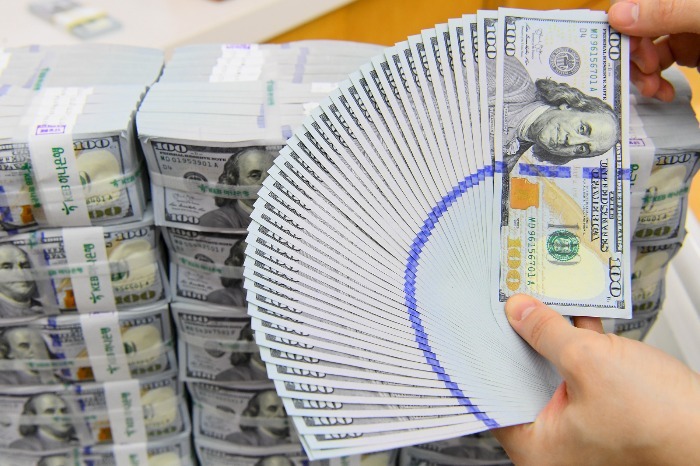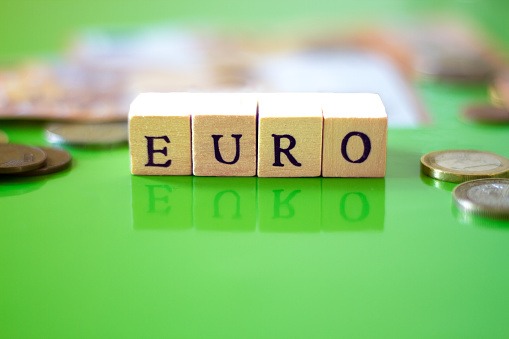Korea’s foreign currency savings snap 5-mth losing streak

Foreign currency deposits in South Korea increased in June, snapping their losing streak over the past five months, with the yen-denominated savings balance jumping to its highest-ever level, central bank data showed on Friday.
The outstanding balance of foreign currency deposits at banks in South Korea added $1.61 billion to $90.57 billion as of the end of June from a month before, according to the Bank of Korea.
The balance had declined from January to May on a monthly basis.
Dollars made up the lion’s share of 81.1% of the balance. Dollar-denominated deposits expanded by $1.26 billion to $73.47 billion over the same period.
Individual investors’ aggressive buying of US stocks, riding the tech boom, led the dollar deposit balance surge.
Japanese yen banknotes (Courtesy of Getty Images)
YEN DEPOSITS
South Korean residents also increased their yen holdings in anticipation of a rebound in the Japanese currency after it nosedived to a 38-year low to the dollar in the first half of this year.
The balance of yen-denominated deposits at banks in the country ballooned by $1.12 billion from the month prior to a historic high of $10.13 billion as of the end of June. It broke the previous record of $9.92 billion hit in November of last year.
For companies, including foreign firms operating in the country, their foreign currency deposits swelled by $1.53 billion on-month to $75.48 billion as of the end of June.
The balance of foreign currency savings for residents gained around $800 million to $15.09 billion over the same period. The figure included foreign currency deposits from foreigners staying in the country for more than six months.
The South Korean currency fell to its lowest level against the US dollar in 15 years in the second quarter. It averaged 1,371.24 per dollar in the three months.
On Friday, the won softened to 1,386.7 to the dollar, mirroring the fall in the Chinese yuan and the euro.
Write to Jin-Kyu Kang at joseph@hankyung.com
Yeonhee Kim edited this article.
This article was originally published by a amp.kedglobal.com
Read it HERE







